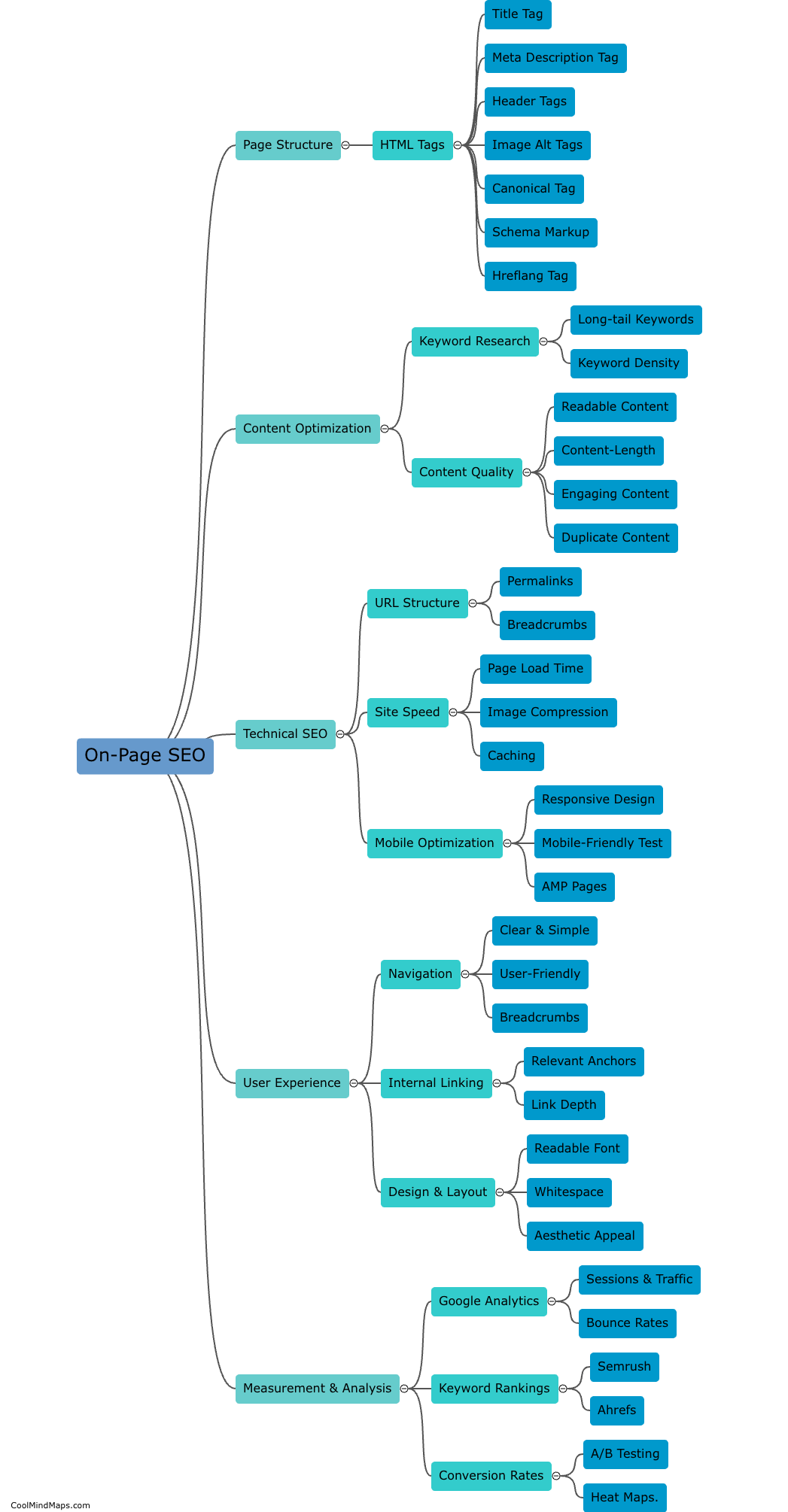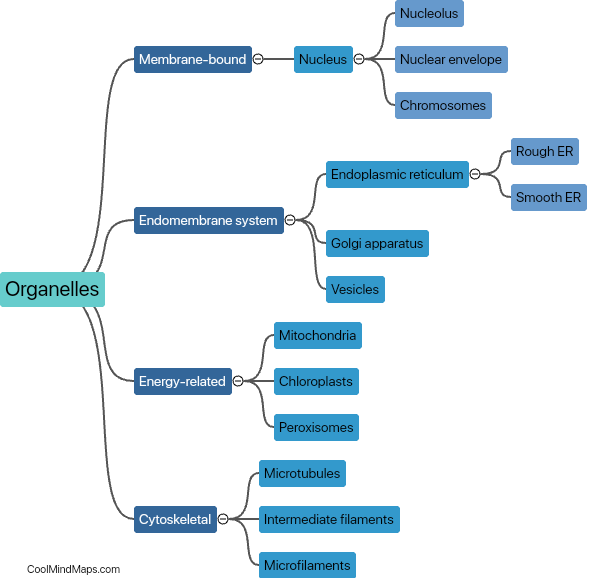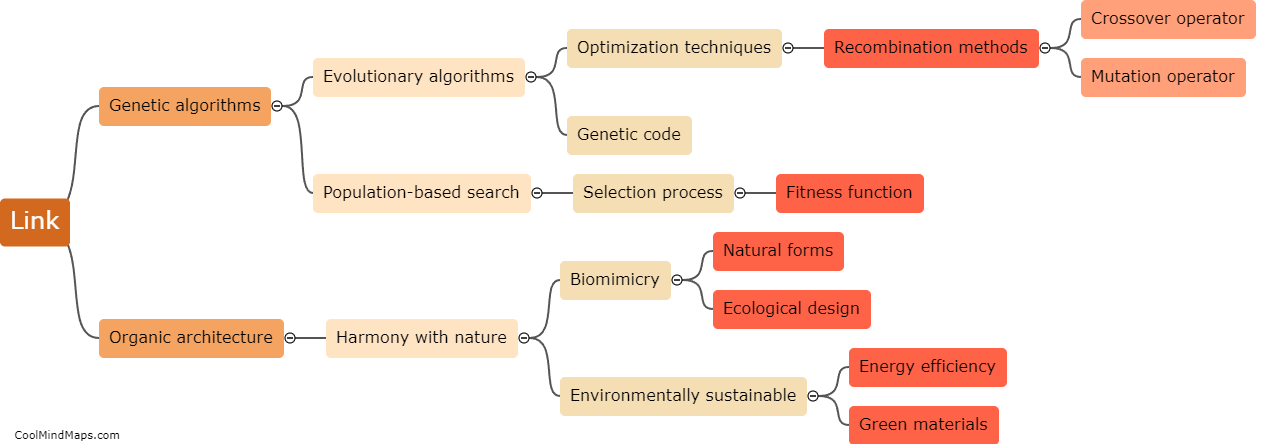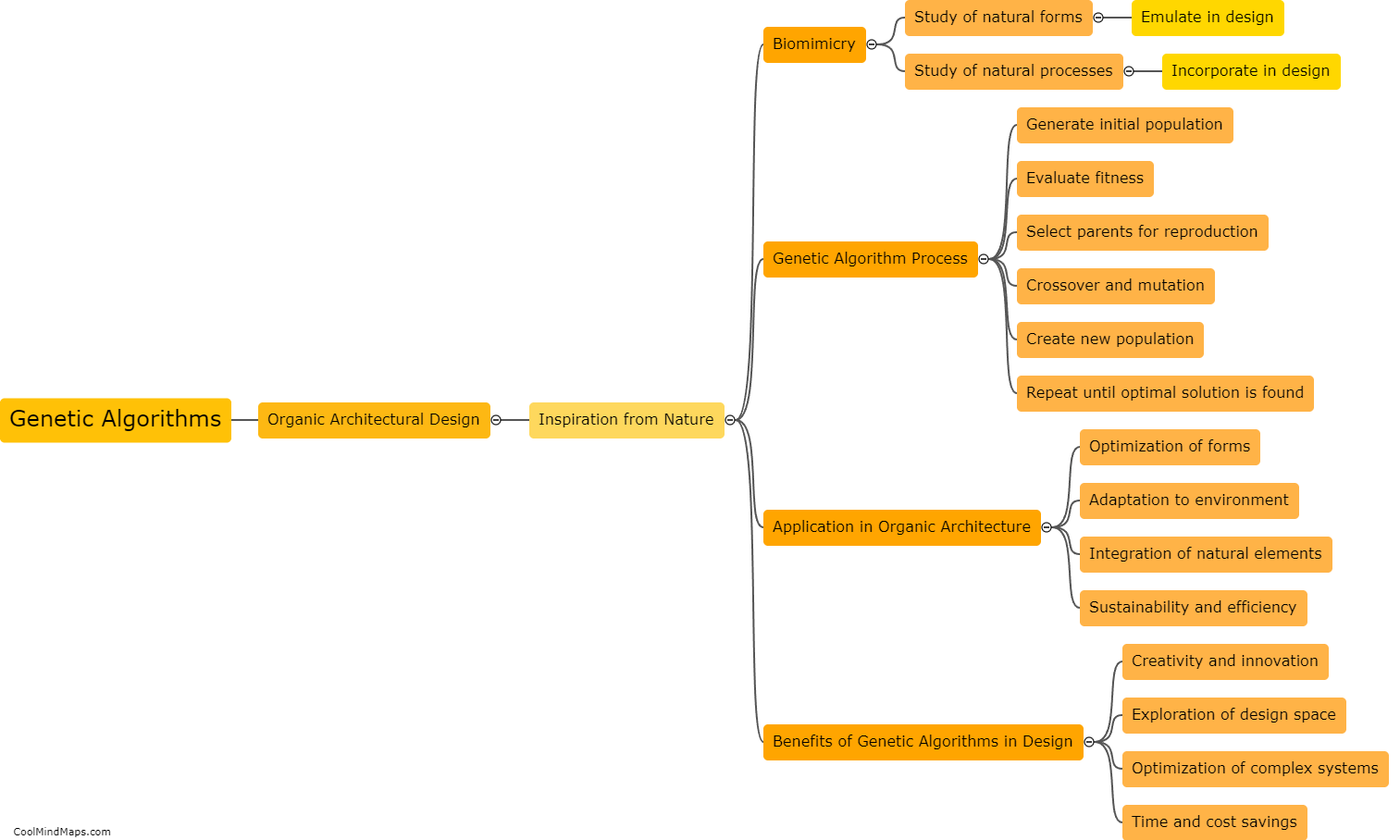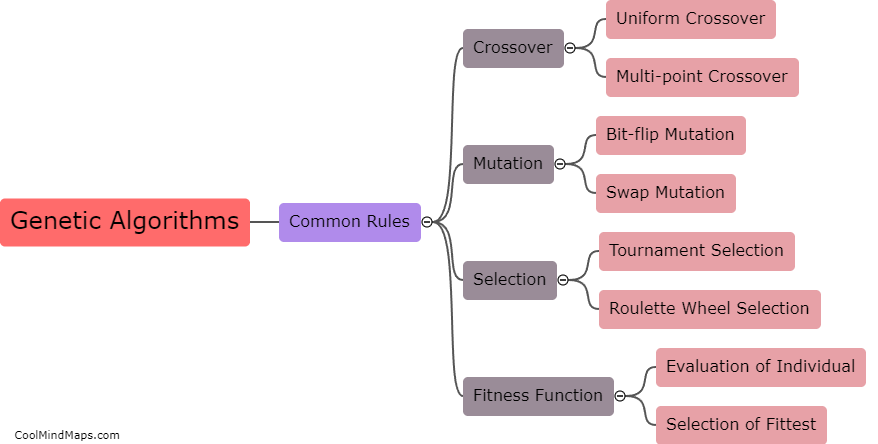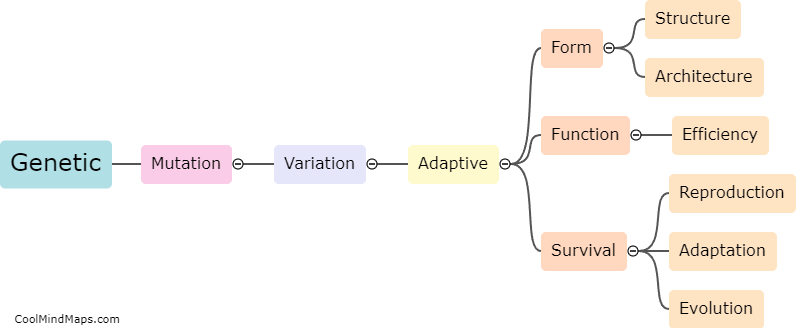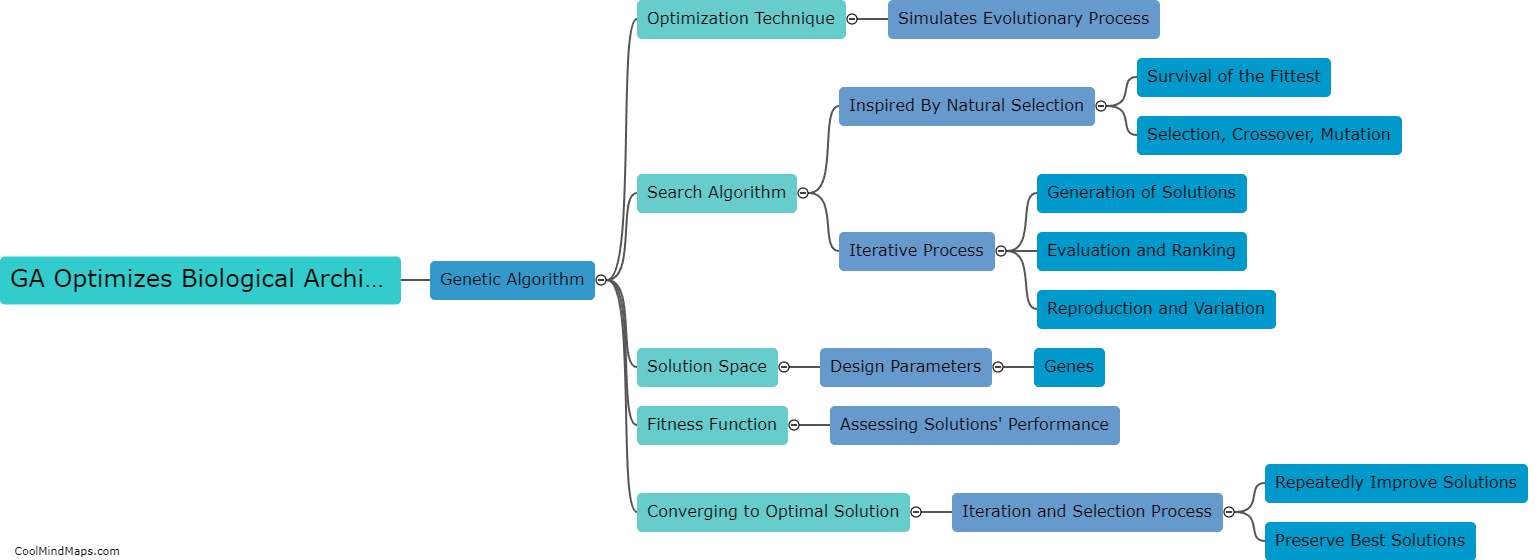What are the limitations of genetic algorithms in improving biological architecture?
Genetic algorithms, a computational optimization technique inspired by natural evolution, have shown promise in improving biological architecture. However, they have certain limitations that hinder their effectiveness in this context. Firstly, genetic algorithms rely heavily on the quality of the fitness function, which determines the success or failure of candidate designs. Developing an accurate fitness function for complex biological systems can be challenging, as it requires capturing both quantitative and qualitative aspects. Secondly, genetic algorithms are often computationally expensive, requiring a large number of iterations to converge to optimal designs. This can be particularly problematic when dealing with large-scale biological systems, as it increases the time and computational resources required. Finally, genetic algorithms can struggle to handle the high-dimensional and nonlinear nature of biological systems, limiting their ability to explore the vast solution space effectively. Addressing these limitations poses crucial challenges in harnessing the full potential of genetic algorithms for improving biological architecture.

This mind map was published on 19 November 2023 and has been viewed 98 times.

